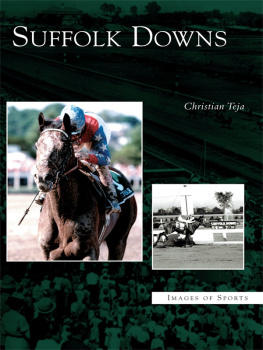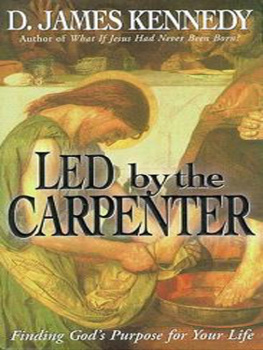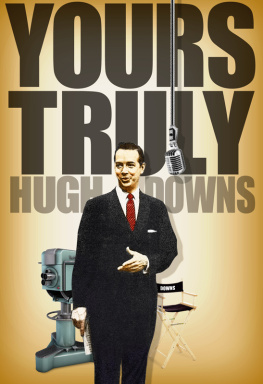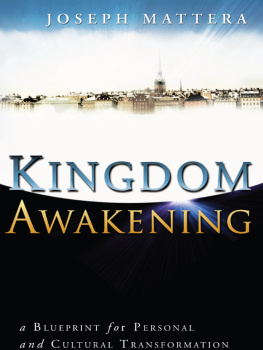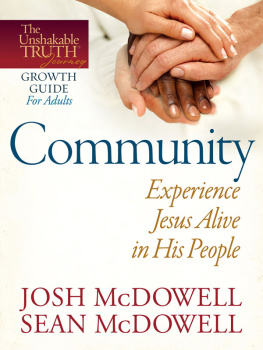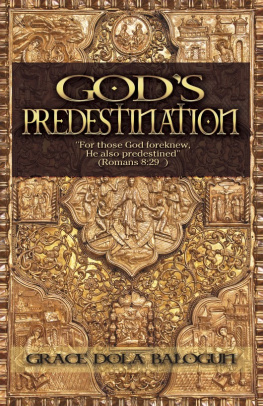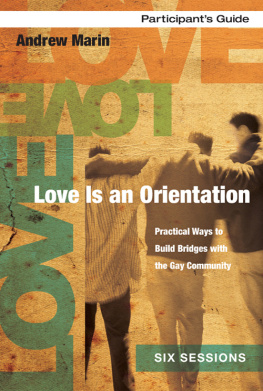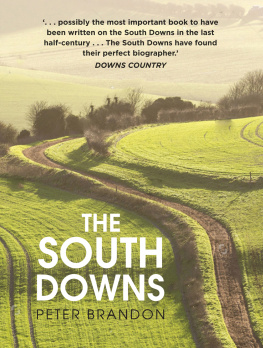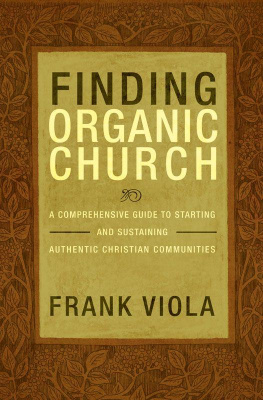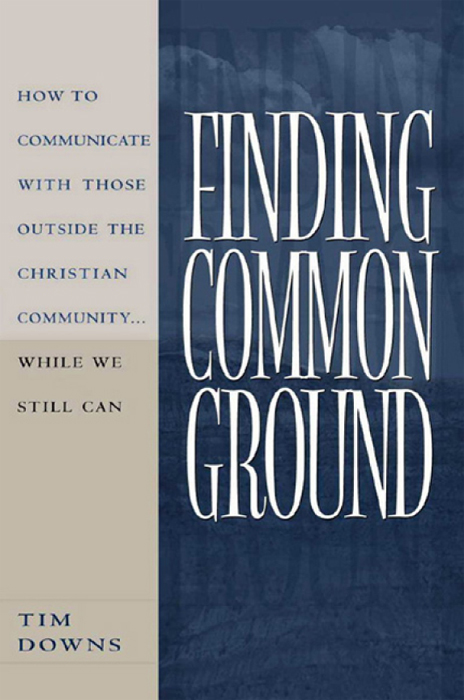T hanks to my talented editor, Cheryl Dunlop, for lending both her editorial and diplomatic skills to this project.
Thanks to my good friend and sounding board, Kent Kramer, for helping me over the years to shape the thoughts that became this book.
Thanks to my colleague Tim Muehlhoff, who advised me to edit out thousands of words without offering even one to take their place. Its a better book because of you.
Thanks to my beautiful wife, Joy, the true writer of our family, who postponed her career to sow to the next generation. Thanks for your love, advice, and encouragement.
Thanks to my three wonderful kids, Tommy, Erin, and Kelsey, the next generation of believers by Gods grace. This book was written for your benefit.
And a special thanks to the staff of Campus Crusade for Christ, who spend each day cultivating, planting, nurturing, and harvesting all over the world.
INTRODUCTION
I n this book I will say a dozen things that are perfectly obvious; I will make seven statements that are completely faithful but not as conspicuous; I will argue five doubtful things that I nonetheless believe to be true; and I will suggest two ideas that will sound like heresy.
Let the reader note: These ideas will sound like heresy, but they violate no biblical principle or precept. They may violate what I like to call private doctrines: personal convictions that are so firmly believed that we unconsciously ascribe to them near-biblical authority. I believe its a healthy thing from time to time to attempt to distinguish our private doctrines from those truly found in Scripture, to keep the Bible from constantly increasing in size.
First, I will suggest that, though a great number of evangelicals are absolutely certain that Christ will return in this generation, He might not. I am not saying that He will not; I am saying that I dont know. To put it even more boldly, I am suggesting that no one else knows either. This issue certainly comprises a private doctrine for many Christians, and readers who possess far more certainty about this issue may think me lacking in faith or ignorant of the signs of the times. They may feel confident, as one scholar put it, that God will not be able to bear this wicked world much longer, but will come, with the dreadful day, and chastise the scorners of his Word.
That was written by Martin Luther, four centuries ago.
Will Christ return in our generation? The biblical response seems to be this: Live as though He will, and plan as though He wont. I am to live each day with a readiness and anticipation of His coming, but I am still to live responsibly with a view to the futureeven the distant future. Luther was once asked, If you knew for certain that Christ will return tomorrow, what would you do today? He replied, I would plant a tree. In this book I will recommend that American Christians plant a few treesa whole lot of them, in fact. The forestry project that Im recommending requires a farsightedness that is currently unpopular in the Christian community. In the last days, I have written a book about the future.
Second, I will suggest that sometimes not telling someone everything you know about Jesus and the Bible is an act of faith, love, and courage. In this book I will introduce the concepts of harvesting and sowing. By harvesting, I mean what we traditionally refer to as evangelism: the attempt to communicate the complete gospel message to a listener and to lead that person to Christ. By sowing, I mean the slow, gradual, behind-the-scenes work that prepares a listeneror an entire cultureto be able to hear the gospel. Many evangelicals, convinced that these are the last days, believe that we are living in the time of the Last, Great Harvest. In our enthusiasm for the harvest we have forgotten the role of the sowerbut as Luther said, it is always a time to sow. This book has two purposes: to remind Christians of the critical need to sow in our nation, and to warn of the tragic consequences if we do not.
This book is about the crucial job of finding common ground between the Christian and secular worlds, two vast continents that are rapidly drifting apart. Its a book about the forgotten art of the sower. And its a reminder to this generation of Christians that we have a responsibility to help prepare for the harvest of the next.
Chapter 1
THE PARABLE OF THE SOIL
O nce upon a time there was a farmer who lived with his family on a great farm. Each spring he went out to his fields to sow. As he wandered through his fields, scattering grain to and fro, he watched the tiny seeds disappear into the cracks in the earth. How I hate to sow, he thought to himself. I shall have to wait weeks before the seedlings even appear.
All summer the farmer tended his fields. He hoed the long furrows to loosen the soil around the young plants, he watered the thirsty roots, and he pulled away the choking weeds. How I hate to tend the fields, he thought. I shall have to bend my back and wipe my brow for three more months before the harvest.
Finally the harvest season came. The farmer waded through the thick, golden bounty. He bundled great sheaves of grain, he gathered great clusters of grapes from dewy vines, and he plucked scarlet fruit from the bowing trees. How I love to harvest, he thought. I will hold a great feast. My wife will bake the bread and my children will press the grapes. We will eat and drink and rest from our labor.
When the feast was over, the farmer began to think about the planting season ahead. The harvest is scarcely over, he brooded, and already I must turn under my fields and prepare for the next season. How I hate to sow. How I hate to tend the fields. But I love to harvest! So the farmer decided then and there that he would no longer sow or water or weed. He would only harvest.
The farmer returned to his fields. There he found grain the gatherers had missed and fruit the pickers had not been able to reach. So the farmer continued to harvest. From now on, said the farmer, every day will be a harvest, and every night will be a feast.


